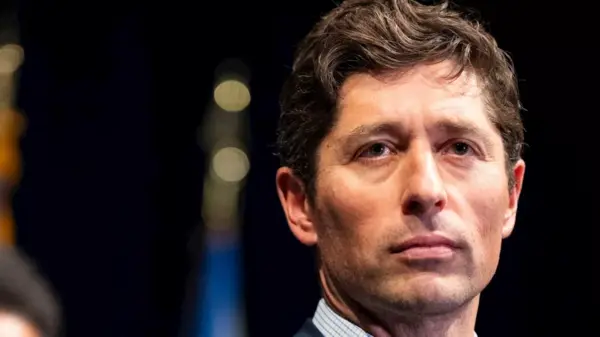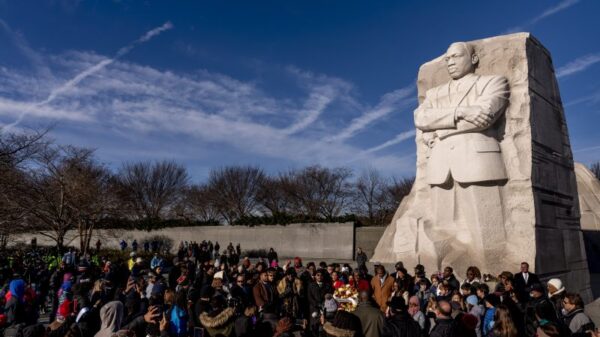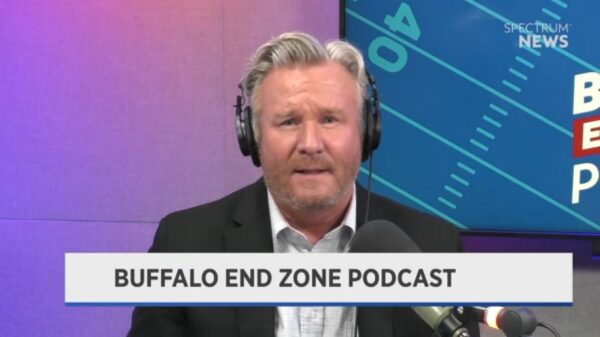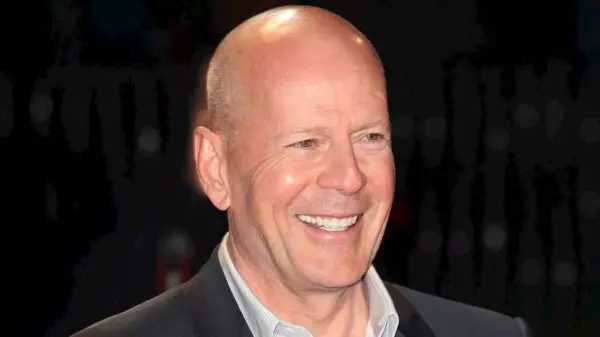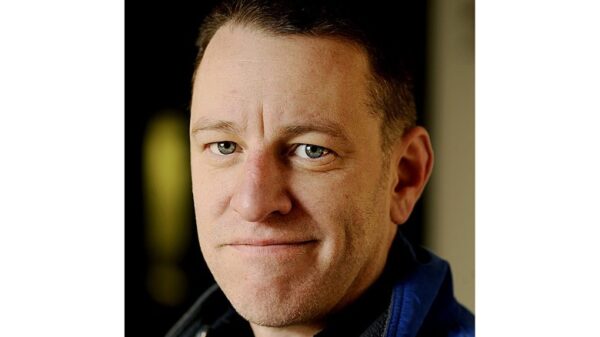Graham Platner, a Democratic candidate for the U.S. Senate from Maine, has sparked a conversation about wealth inequality by asserting that the existence of billionaires is unjustifiable in a society where many working-class individuals struggle to make ends meet. Speaking at a campaign event in Caribou in early October, Platner emphasized the systemic issues that allow wealth to concentrate in the hands of a few.
During his remarks, Platner stated, “Nobody works hard enough to justify $1 billion,” highlighting the plight of those who juggle multiple jobs yet still cannot afford basic necessities. He criticized the economic structures that enable billionaires to amass their fortunes while leaving working people marginalized. “Not in a world where I know people that have three jobs and can’t even afford their rent,” he added, resonating with audience members who nodded in agreement.
The candidate pointed to the influence of wealth on government policies, arguing that the tax code has been manipulated to serve the interests of billionaires. “We all know it’s the structures. It’s the tax code. That is what allows that money to get accrued,” Platner remarked.
Wealth Inequality and Political Structures
Platner’s comments align with a broader discussion on wealth inequality, echoed recently by pop star Billie Eilish, who questioned the rationale behind extreme wealth during a public event. Eilish asked attendees, “If you’re a billionaire, why are you a billionaire?” and urged them to consider redistributing their wealth. This sentiment has gained traction, as many public figures and economists, including Joseph Stiglitz and Thomas Piketty, have advocated for policies to address the growing wealth gap.
In his speech, Platner underscored that the current political and economic landscape is not a natural outcome, but rather the result of deliberate choices made by politicians and the wealthy elite. He argued that reversing this trend is possible, stating, “The world that we live in today is not organic. It is not natural. It happened because politicians in Washington and the billionaires who write the policies that they pushed made this happen.”
He proposed making it illegal for individuals to accumulate such vast wealth, reflecting a growing consensus among some economists that addressing inequality requires significant policy changes.
Collective Action for Change
Throughout his campaign, Platner has emphasized the importance of collective action among working-class people to challenge the power of wealthy oligarchs. He believes that the only way to confront this issue is through organization and solidarity. “We have an immense amount of power, but we only have it if we’re organized,” he stated at another rally, encouraging constituents to take charge of their circumstances.
Platner’s campaign is part of a larger movement advocating for economic reforms aimed at reducing inequality and empowering working individuals. As debates around wealth distribution continue to unfold, his remarks resonate with a growing call for change within the political landscape.
The urgency of addressing these issues has been highlighted by various economists who warn that without significant action, democracy itself may be at risk. The conversation around wealth inequality, particularly in the context of political influence, remains a critical topic as the U.S. approaches the upcoming election.
In summary, Graham Platner’s candidacy exemplifies a push for systemic change regarding wealth distribution, reflecting a growing dissatisfaction with the status quo. As discussions around billionaires and their influence continue, candidates like Platner are shining a light on the need for a more equitable economic framework.











